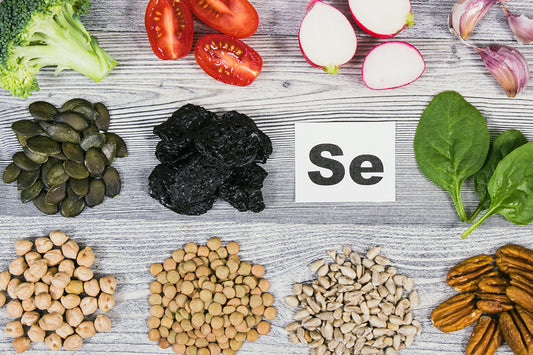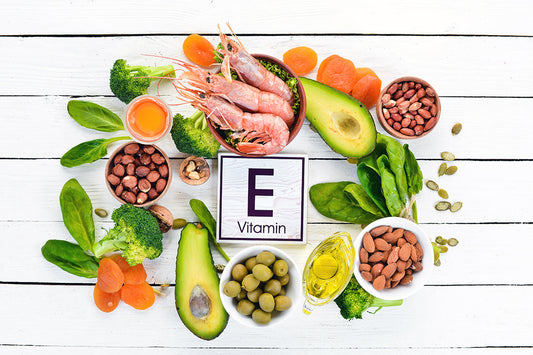Mental health has become one of the most discussed wellness topics today. Many young adults and even older individuals often look for natural ways to help ease daily stress, mood swings, and feelings of anxiety. Along with lifestyle changes such as sleep, exercise, and a balanced diet, vitamins and supplements are gaining attention for the role they play in mental well-being. One nutrient that researchers are now paying closer attention to is vitamin B6. Some studies suggest that vitamin B6 supplements may help ease anxiety and depression in certain people. But what does science say, and how does this vitamin actually work in the body? Let us look deeper in a simple way.
What is Vitamin B6?
Vitamin B6, also called pyridoxine, is a water-soluble vitamin that plays an important role in many body functions. It helps enzymes perform chemical reactions, supports energy metabolism, and contributes to the production of neurotransmitters, which are brain chemicals that affect mood and emotions. Because the body does not store much of this vitamin, it must come from diet or supplements.
What foods contain Vitamin B6?
Vitamin B6 is naturally found in a variety of everyday foods. Good sources include bananas, chickpeas, poultry like chicken and turkey, fish such as salmon and tuna, fortified cereals, and potatoes. Including these foods in your diet along with supplements can help maintain healthy vitamin B6 levels and support mental well-being.
How does Vitamin B6 help the brain?
Vitamin B6 is closely linked with neurotransmitters, which help the brain send signals. One of the most studied neurotransmitters influenced by B6 is gamma aminobutyric acid (GABA). GABA helps calm the brain, supporting relaxation and balance.
It is important to note that vitamin B6 works best along with other vitamins and minerals. For instance, vitamins like B12, D3, and K2 often support similar pathways in the body, creating a combined effect on wellness. That is why many high-quality supplements include vitamin B6 as part of a blend.
How much Vitamin B6 is safe to take?
The daily intake of vitamin B6 for most adults is about 1.3 to 2 milligrams from food. High doses of vitamin B6 can sometimes cause impact wellness, especially when taken for long periods. This is why it is best to consult a healthcare professional before adding supplements in large amounts.
For those who want to support their mental health naturally, a balanced diet combined with safe levels of vitamin B6 supplements may be a good approach. Supplements should not be seen as a replacement for professional care, but they can play an important role in supporting overall well-being.
Can supplements with Vitamin B6 help?
Many people prefer supplements that combine vitamin B6 along with other supportive nutrients for better balance. For example, Sandhus Vitamin D3 K2 with Quercetin is crafted to help maintain wellness by blending nutrients like vitamin D3, K2, and quercetin. This formula also blends B6, making it a convenient choice for those who want to support mental health while also caring for other aspects of wellness.
Including such supplements in daily routines may help restore balance and support emotional well-being, especially when paired with good lifestyle habits.
Conclusion
So, can vitamin B6 help with mental health? Research suggests that it may play a helpful role by supporting neurotransmitters like GABA, which ease anxiety and promote calmness. However, high doses of vitamin B6 can also lead to discomforts, making it important to use supplements wisely and under guidance.
When combined along with other vitamins and nutrients, vitamin B6 supplements may contribute to supporting mental health naturally. Whether through food or carefully chosen supplements such as Sandhus Vitamin D3 K2 with Quercetin, adding vitamin B6 to your wellness routine may help support emotional balance and mental well-being.






